How to Start a Book: Drawing & Digging

Imagine the following scenario...
You’ve got an idea for a novel, and you think it’s a good idea, too. It feels like the right next step for your writing practice—an ambitious step, sure, but not an insurmountable one. You’re ready to take on a new challenge.
But you’ve never written this kind of long-form project before.
Maybe you tried in the past, but you spent more time fussing with the outline than you did writing. You kept losing track of where your characters were “supposed” to be according to your initial plan. Eventually, it killed your narrative momentum, and you lost interest.
Or, maybe you didn’t use an outline at all, and then you couldn’t figure out what to focus on for each chapter. You gave up before you finished.
Maybe you’ve never even attempted anything like a novel at all.
Whatever your background may be, now you’re trying to figure out a path forward. Your head is so full of your idea that you know you have to explore it, but you don’t know how or where...
Writer’s Block: Spot It, Stop It, Stave It Off
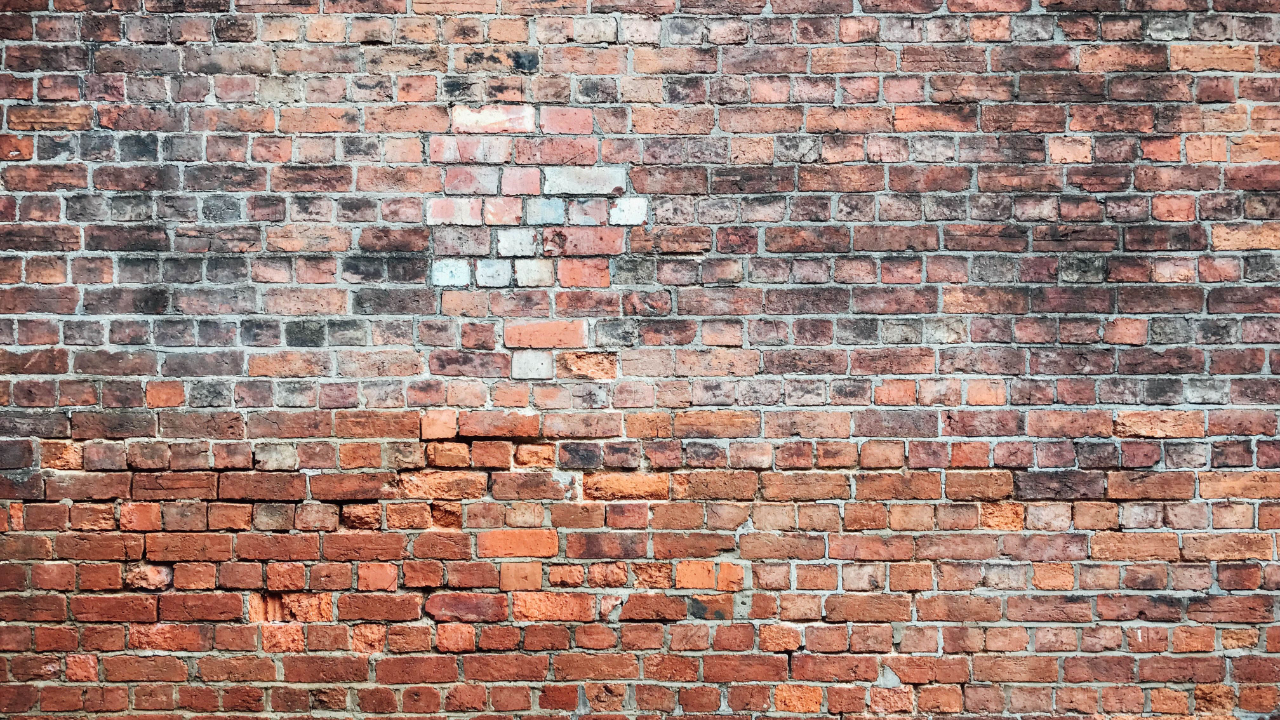
Why is writer’s block such a widespread problem? Why do so many writers struggle with it? What makes writer’s block happen in the first place, and can it be prevented?
And most importantly: how the heck can you overcome writer’s block when it does hit?
Keep reading for an overview of writer’s block, including how to recognize it, how to deal with it, and how to prevent it from cropping up again and again!
SPOT WRITER’S BLOCK
What is writer’s block?
Before I can tell you how to combat writer’s block, it’s important to know what exactly writer's block actually is.
When you picture writer’s block, what pops into your head is probably the image we’ve all seen in countless films or movies: writer sits at desk, scowling at a laptop open to a blank text document. Cursor blinks menacingly. Writer groans, slams the laptop closed, and storms away.
It feels like hitting a brick wall.
This all makes for a great visual depiction of the problem, but writer’s block is often so much more co...
Are your stories all true?
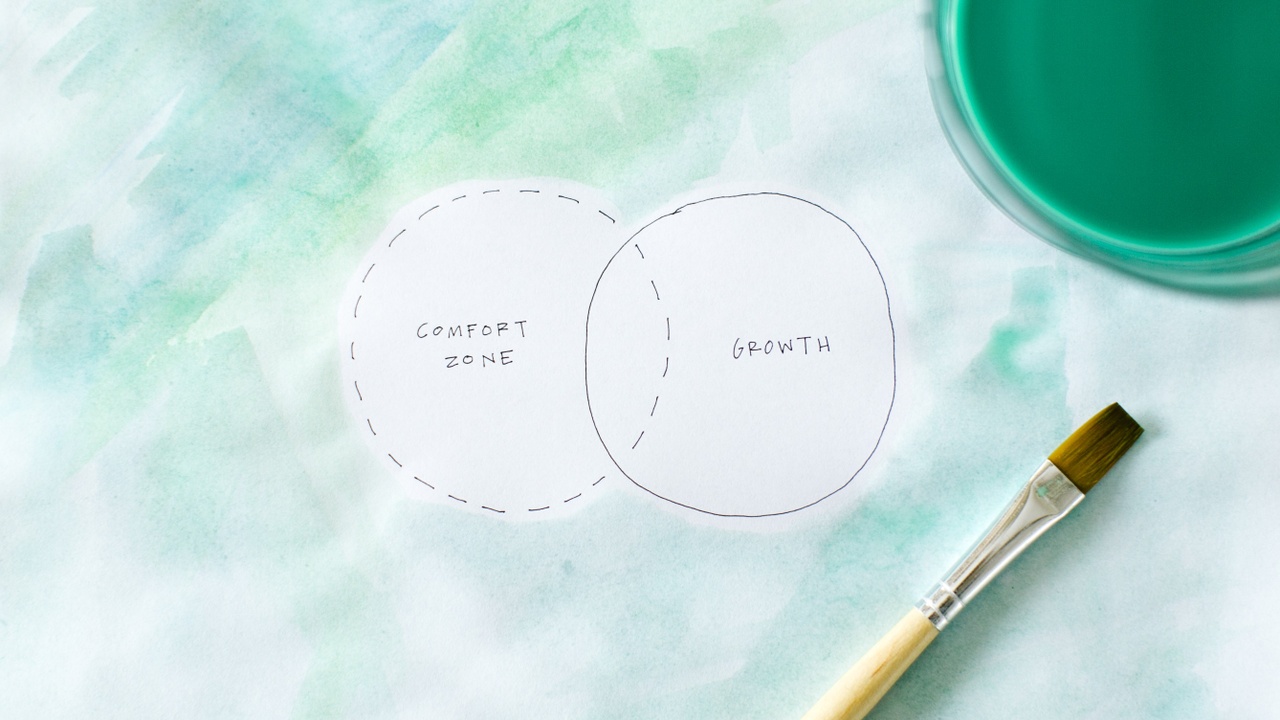
Are your stories all true? Or are they just comforting?
Sometimes I think that we get ourselves into trouble as writers because the stories we’re telling ourselves about our writing and our writing lives aren’t actually true.
They seem true -- the voices are very convincing -- but if you start asking questions, you’ll often find the logic disintegrates like the thin foam on an almond milk cappuccino.
I *might* be the only woman writer on the planet whose perfectionist tendencies result in fully formed stories that when questioned turn out to be little more than the symptoms of my deepest fears… Okay, am I though?
From my own personal experience as well as that of my clients and students over the years, if you’re telling yourself any of the following stories, you might be wrestling with the kind of stubborn mental blocks that will only result in you never actually realizing your writing dreams.
So if you’ll let me, I’d like to gently poke at the logic of these stories to how they ...
6 Great Reasons to Use a Writer’s Notebook (and How)

Keeping a writer’s notebook is an essential tool for creating and maintaining a writing life you love.
To be clear, I’m not talking here about a journal, which is a book into which you write your thoughts and feelings about anything that strikes you. I’m also not talking about a diary, which can be similar to a journal but is typically a calendarized book where you enter reflections on a daily basis.
I’ve used both, and enjoyed both, but a writer’s notebook is different and I think it’s an essential tool for any writer. If I could only have one type of notebook (nooooo!) I would have to choose the writer’s notebook.
Here are 6 reasons why:
A Writer’s Notebook has Low Stakes
Perfectionism is my enemy as a writer. It trips up nearly every writer I know at one point or another. In my Writer’s Flow Studio program, we’ve talked a lot about this and our March Masterclass was on how to overcome it. One of the tools I use to manage my perfectionism is my writer’s notebook.
When you use...
The Best Free Online Resources For Writers
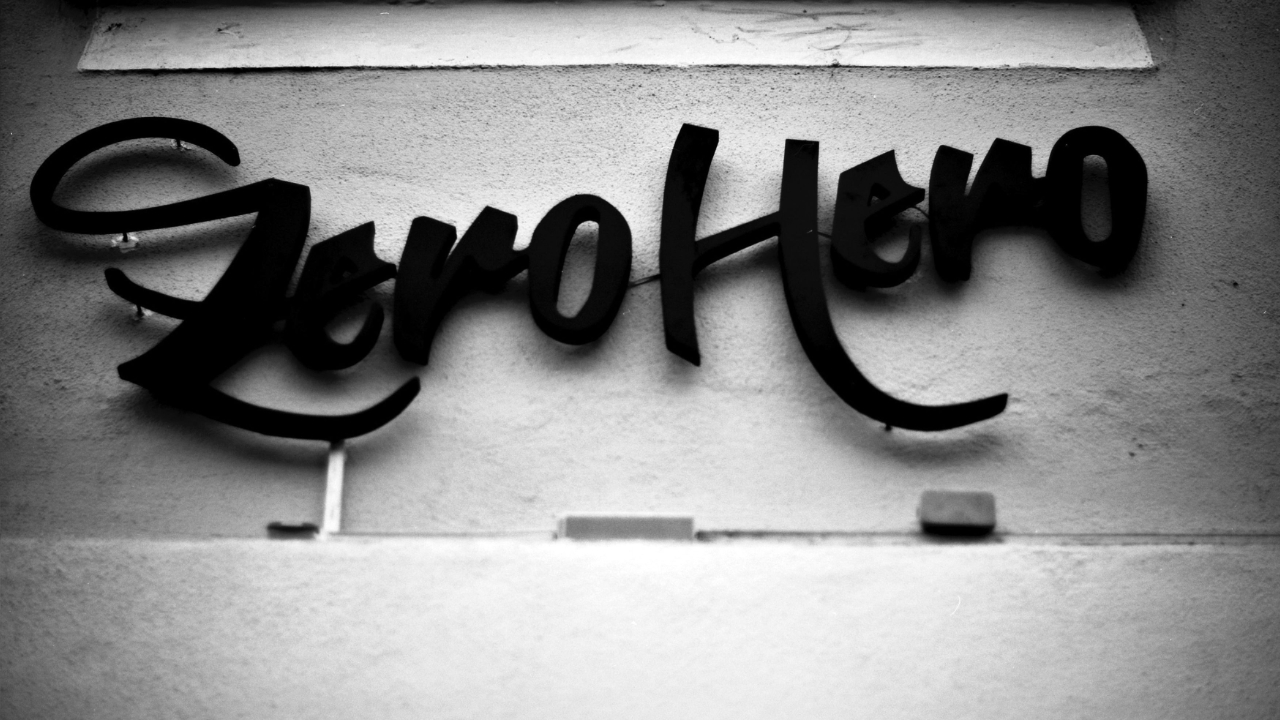
When facing an issue with your writing, it can be difficult to find an effective solution without having to use some sort of resource—and unfortunately, many resources for writers can end up costing you.
If you fit into the “starving artist” category, or just don’t have the money to spend on an app or monthly subscription, then I have good news!
We’ve rounded up some of the best free online resources for writers… From browser extensions to amazing communities with tons of information, these free online resources are the perfect tools for writers on a budget.
These amazing free writing resources fall into four categories: grammar/editing, research, publishing, and communities.
Whether you’re having trouble with grammar, want to write about a topic you are completely unfamiliar with, or if you have no idea where to start with getting published, then there’s something here for you!
Grammar/Editing
These grammar and editing resources are perfect for looking over your work. Som...
The Novel as a New City

An idea for a novel is like a glance at something in the distance: an outline of a city. A city that calls me to come closer.
Or, it may not even be an outline, just a glimpse of a promise beyond some high walls: a tower, patches of colour, or a forested piece of land that may be part of its inner landscape.
The city-as-novel calls me, and the only way to discover it is by walking through its paved streets, slowly – by paying attention to details, seeping into its scents and lone tunes.
And this walking through it may take a long time.
Some days I may need to walk in the rain, or in the frost, or I may need to walk exhausted – until I come across an unexpected part of the city to spur me on.
There will be bad weather no matter whether I stay put or walk on.
But the more I linger, the more I forget what the city is like, the less I remember how drawn I was to it.
It is only by walking – serendipitous walking – that I discover how different areas of the city connect. And it ...
12 Supportive Facebook Groups for Writers in 2023

Whether you are a seasoned writer working on a novel or a fresh sprout looking to hone your skills, these Facebook groups for writers are lively communities that offer writing advice, suggestions, and safe places to ask any questions you have about writing.
Each group has its own set of rules that must be followed when actively participating in discussions or posting on the group’s page. So please, be polite, be respectful, and have fun!
This list is recently updated so these groups are all still open and there to support you in your writing life as we head into 2023.
Facebook Groups for Writers: Tips for Joining
Many of these Facebook groups for writers will require you to answer a mini questionnaire upon requesting to join. There are no more than a few questions asking about your writing preferences, what you hope to achieve by joining their community, and to clarify that you are not a robot, so don’t be alarmed. These closed groups just want to make sure their communities are sa...
Michelle Butler Hallett: I fail my way to success.
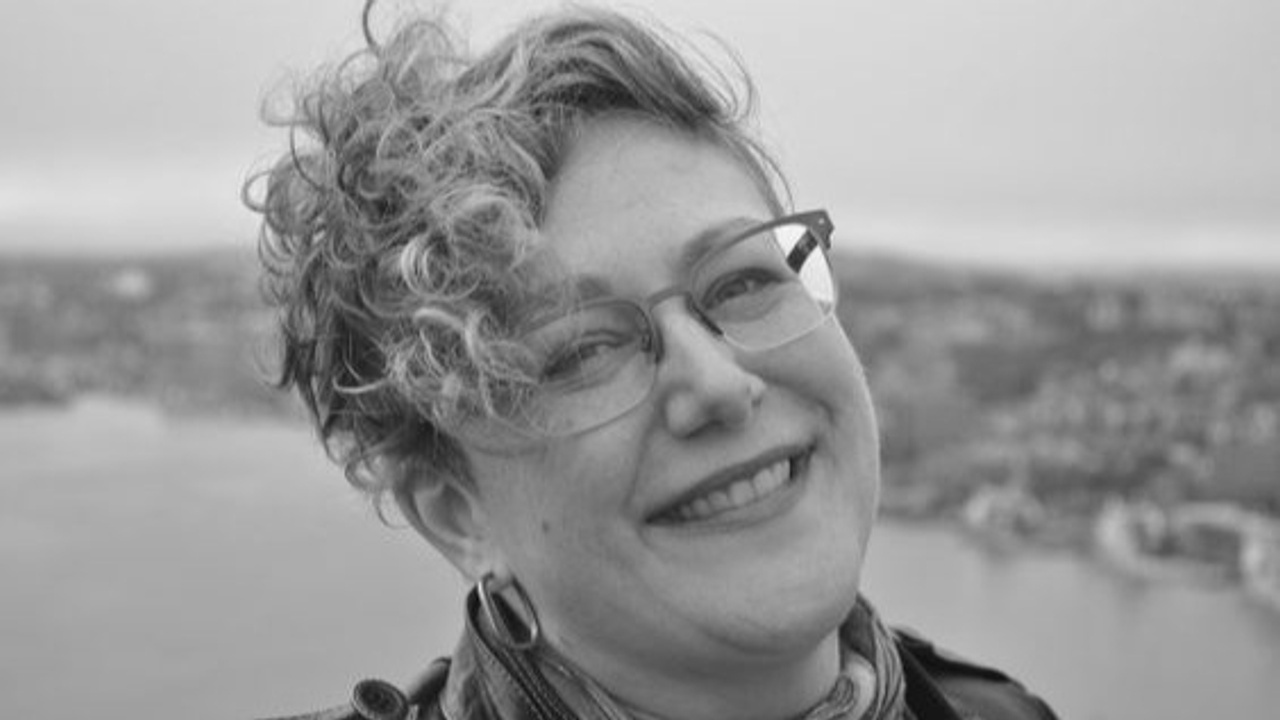
Busy Women on Writing Books
This is the 13th instalment in a new interview series on writing, profiling women writers who’ve written and published books while also working, parenting, volunteering, caring for family, attending school, and ALL OF THE THINGS.
This week, I'm pleased to introduce Canadian author Michelle Butler Hallett. Michelle is the author of This Marlowe, a book I just devoured in one weekend.
I know how amazing you are, but please let everyone else know a bit about yourself and the books you’ve written thus far. Own it and brag a bit for us!
I write hybrid fiction. I try to understand what a story needs, and I’ll use whatever tropes and practices I must. This can make my work hard to classify.
The genres and practices I mash up most often are literary fiction, historical and alt-historical fiction, espionage fiction, and speculative fiction. (Yes, I consider North American literary fiction, living in and often reacting to the long shadow of British and American ...
27 Writing Workshops You'll Love

Writing workshops are one of the best ways to fine-tune your writing and reach your highest potential.
Do you want to finish your novel? Write a memoir? Get into writing poetry for the first time? A writing workshop can help you achieve your unique goal.
Choosing the right writing workshop for you can be challenging. There are a lot out there and each of them address different kinds of writing in their own unique ways. Today, I will help you find the best option for you—and luckily it all boils down to two questions!
First, what kind of writing workshop do you want to do?
Poetry? Non-fiction? A super cool sci-fi novel set in space in the year 2400? Regardless of your writing goals, there is always a workshop for you! Today, I’ll be highlighting workshops for an assortment of writing types:
- Workshops for beginners
- Novel writing
- Fiction writing
- Nonfiction writing
- Blog writing
- Poetry writing
- Memoir writing
- Playwriting
- Screenwriting
- Editing
Second, what is your goal?
H...
Interview with Author Barbara Joan Scott: Conquering the Demons of Self-Doubt
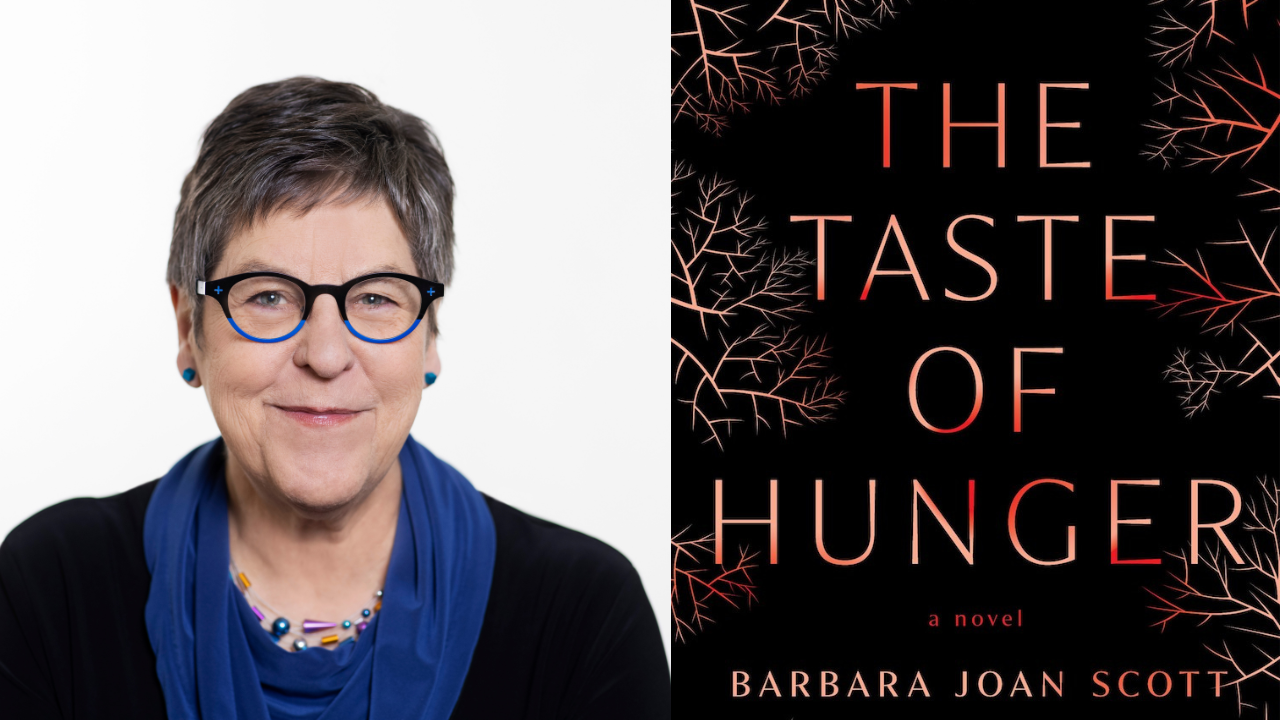
Busy Women on Writing Books
This is another instalment in a new interview series on writing, profiling women writers who’ve written and published books while also working, parenting, volunteering, caring for family, attending school, and ALL OF THE THINGS.
This week, I'm pleased to introduce you to an amazingly gifted writer, Barbara Joan Scott.
Barbara Joan Scott has had the great good fortune to be able to devote most of her adult working life to creative writing, as an author, editor, and teacher. Her first book, The Quick, won the City of Calgary W. O. Mitchell Book Prize, and the WGA Howard O’Hagan Award for Best Collection of Short Fiction, and was shortlisted for the WGA Henry Kreisel Award for Best First Book. In 2015 she received the Lois Hole Award for Editorial Excellence and in 2021 her essay “Black Diamond” won the WGA’s Jon Whyte Award.
The Taste of Hunger is her first novel. In his review for The Miramichi Reader, Ian Colford says: “Barbara Joan Scott tells a story ...

